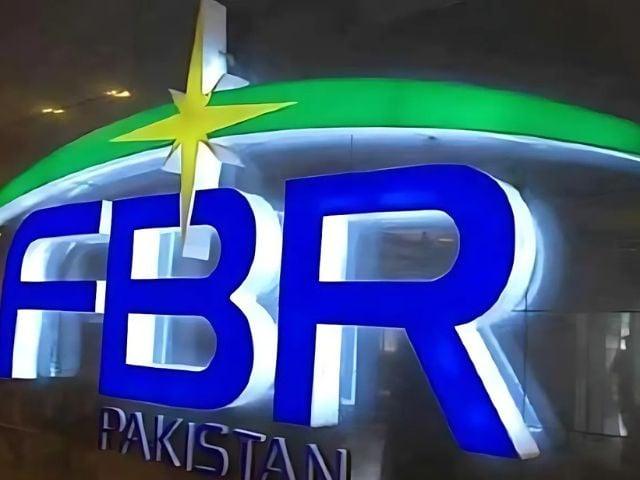The Federal Board of Revenue (FBR) has decided to purchase over 1,000 new vehicles worth around Rs 6,000 crore.
According to documents available to Express, FBR has issued a letter of intent to a company for the purchase of 1,010 new vehicles, at a cost of over Rs 6,000 crore.
The FBR letter mentions that the purchase of the new vehicles will be done in two phases and the full amount will be paid by FBR. An advance payment of Rs 3,000 crore will be made for the purchase of 500 vehicles, which will be considered the full payment for the first batch.
The letter further mentions that after the delivery of the first batch of 500 vehicles, the remaining payment will be made. The delivery of the 1,010 vehicles will take place between January and May 2025.
In the first phase, 75 vehicles will be delivered in January, 200 vehicles in February and 225 vehicles in March.
In the second phase, 250 vehicles will be delivered in April and 260 vehicles in March.
FBR officials have claimed that the purchase of these vehicles is part of FBR’s transformation plan. The vehicles are specifically intended to improve the operational efficiency of field officers. These vehicles will only be used by field officers.
Earlier, the FBR initiated consultations with key stakeholders to finalize proposals for the federal budget 2025-26, focusing on phasing out tax exemptions, increasing revenue generation and simplifying tax laws.
In an official communication to business associations such as Federation of Pakistan Chambers of Commerce and Industry (FPCCI), American Business Council, Pakistan Business Council and other chambers, FBR has sought suggestions for reforms in income tax, sales tax and customs. , Express News reported.
These proposals, due on January 31, 2025, will shape the next finance bill.
The FBR’s priorities include:
- Phase out of tax exemptions: A gradual elimination of tax exemptions in all laws to reduce revenue leakage.
- Expanding the tax net: Strategies to bring new taxpayers into the system while addressing gaps in compliance.
- Support for the national industry: Proposals to protect local manufacturers through tariff adjustments and reductions in duties on raw materials.
- Fairness of tax policy: Measures to guarantee progressive taxation and reduce inequalities in tax treatment between sectors.




